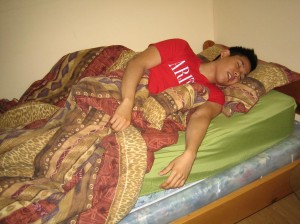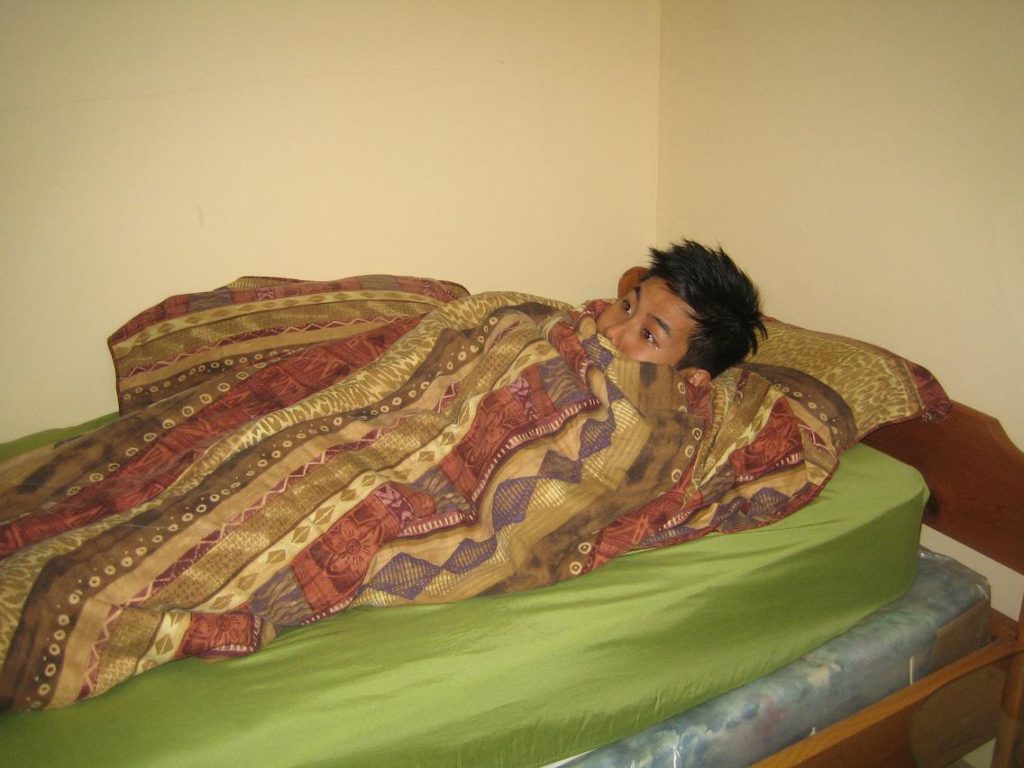Overview
Any temperature that exceeds 98.6 degrees is commonly considered a fever. Parents with children may be concerned to learn that this can occur to their loved ones. A fever is usually a sign that there is an infection present in the person’s body.

The factors associated with a fever
In many cases, there are numerous infections present in a person’s body, which is causing the fever. The reason why a person’s body temperature increases is because of a natural reaction that attempts to eliminate the foreign agent from causing further harm. The following conditions are some of the common causes that can indicate a fever:
- Common influenza
- Ear discomfort, pain, infection
- Infections of bodily organs such as the kidneys
- Childhood illnesses such as tonsillitis, measles, chicken pox
- Babies who are experiencing emerging teeth, may also develop a fever. Furthermore, annual vaccinations can also result in temporary fevers.
The best occasions to consult a doctor
It should be necessary to consult medical advice if children do have a fever. The following are warning signs where a doctor’s care is urgently needed:
- When the child is unconscious and lethargic
- Is between one to three months old with fever over one hundred degrees
- Is between three and six months old with a body temperature of over one hundred and two degrees
Management
To effectively manage a fever in a child, one may have to make sure that the child is consuming a lot of liquid beverages such as water to aid in lowering the body’s temperature. Also, a person can do the following:
- Make sure that the bedroom or house in general remains at a lower, comfortable temperature so that their body cools off
- Children should reduce the amount of clothing they are wearing in order to lower the body’s temperature
- Parents should ensure that children use painkillers and other medicines to reduce the fever. However, ensure that the advice of a doctor is followed in such cases
Side effects such as rash, vomiting, seizures, and sleeplessness should be quickly noted while a doctor be summoned immediately.
Consulting with a doctor
- The age of the child is below six months regarding how good or bad the condition is
- When parents are no longer able in managing the fever
- If the child appears lethargic and displays symptoms of diarrhea (little water consumption, dehydration).
- More severe symptoms of fever develop
Children should be rushed to emergency if any of the following symptoms occur:
- Parents who have grave concerns and cannot reach their family doctors
- A child experiences dehydration
- An occurrence of fever
- Loss of mental alertness
- The child’s normal breathing patterns are disrupted
Related video
FACT CHECK
https://www.medicinenet.com/aches_pain_fever/article.htm

